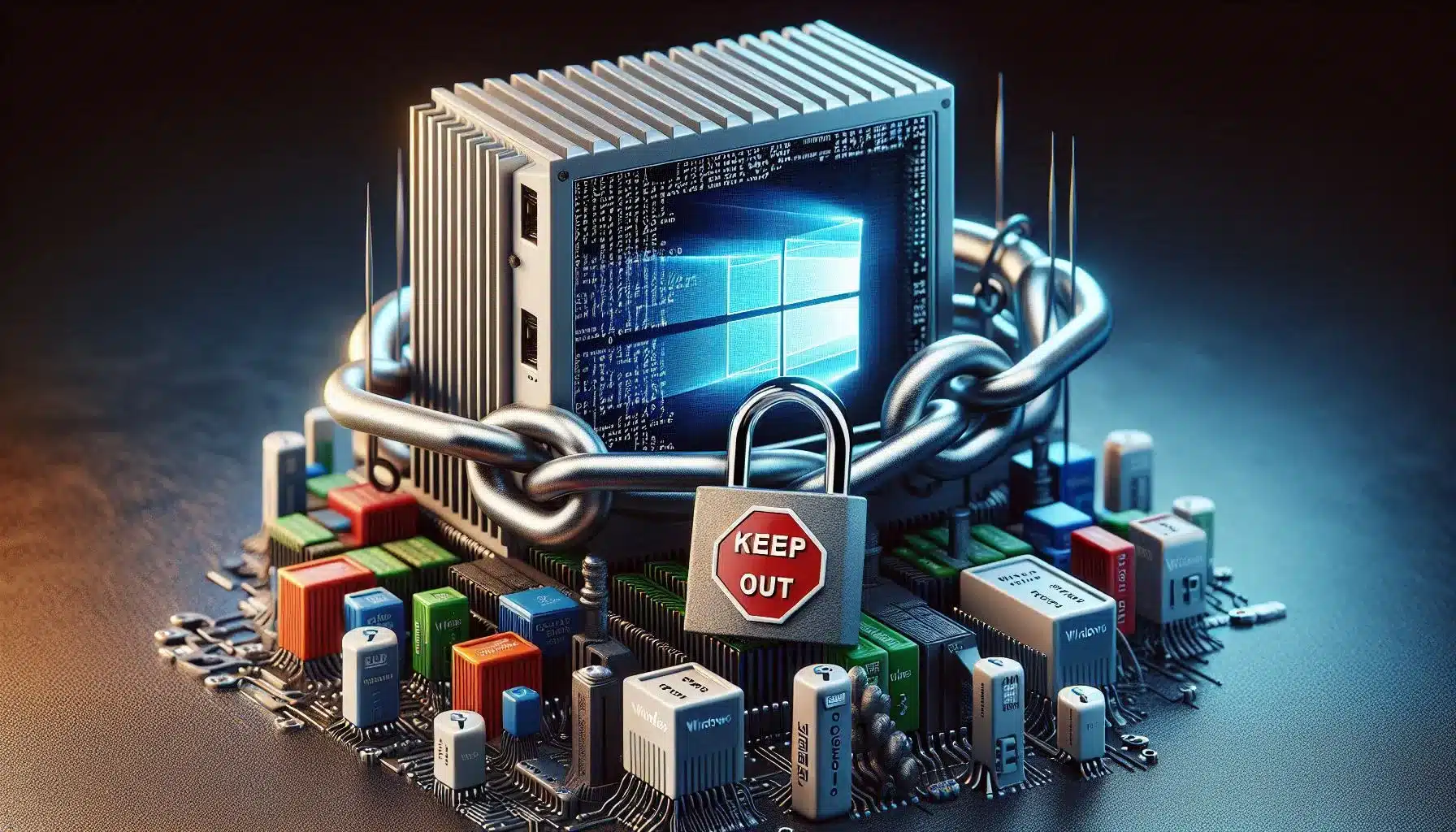In a strategic move that has sent ripples through the gaming community, Microsoft has unveiled a plan that could revolutionize Linux gaming. The tech giant is spearheading an initiative that could render kernel-level anti-cheat obsolete, a technology that has long been a thorn in the side of Linux gamers. This development, if successful, could drastically alter the gaming landscape, opening up new possibilities for Linux gaming and leveling the playing field with Windows.
The Linux Gaming Conundrum: Kernel-Level Anti-Cheat as a Barrier
Linux, an open-source operating system, has always held a unique appeal for tech enthusiasts and developers. However, when it comes to gaming, Linux has traditionally lagged behind Windows. One of the major culprits behind this disparity has been the prevalence of kernel-level anti-cheat systems in popular multiplayer games. These systems, designed to prevent cheating, often operate at the deepest levels of the operating system kernel, making them inherently incompatible with Linux. This has forced Linux gamers to resort to workarounds or simply miss out on some of the biggest titles in the gaming world.
Microsoft’s Vision: A New Era for Linux Gaming
Microsoft’s audacious plan seeks to address this issue head-on. The company is exploring ways to make anti-cheat systems function effectively without requiring kernel-level access. This would remove a major obstacle for Linux gamers, potentially opening the floodgates for game developers to port their titles to Linux without compromising on anti-cheat measures.
Why is Microsoft Doing This?
The motivation behind Microsoft’s move is multifaceted. On one hand, it aligns with the company’s broader strategy to embrace open-source technologies and expand its reach beyond Windows. On the other hand, it could also be a shrewd business move to tap into the growing Linux gaming market. By enabling more games to run natively on Linux, Microsoft could attract a new wave of users to its Azure cloud gaming platform and other services.
The Technical Challenges: A Delicate Balancing Act
While the vision is promising, the technical challenges are formidable. Designing anti-cheat systems that are both effective and compatible with Linux’s open architecture will require innovative solutions. It’s a delicate balancing act between ensuring fair play and preserving the integrity of the Linux kernel.
Community Reactions: A Mix of Excitement and Skepticism
The gaming community’s response to Microsoft’s announcement has been mixed. Linux enthusiasts are understandably excited about the prospect of finally being able to enjoy a wider range of games on their platform of choice. However, there’s also a degree of skepticism, with some questioning whether Microsoft can truly deliver on its promise.
The Impact on the Gaming Industry: A Potential Game-Changer
If Microsoft succeeds in its endeavor, the impact on the gaming industry could be profound. It could trigger a domino effect, leading to a surge in Linux game development and adoption. This could, in turn, force other major players in the industry to rethink their strategies and embrace Linux as a viable gaming platform.
The journey to making Linux gaming mainstream is likely to be long and arduous. Microsoft’s plan is still in its early stages, and there are many hurdles to overcome. However, the potential rewards are immense. If successful, this could be a watershed moment for Linux gaming, marking the beginning of a new chapter in its evolution.
Microsoft’s plan to pave the way for Linux gaming success by challenging kernel-level anti-cheat is a bold and ambitious undertaking. It represents a significant step towards a more inclusive gaming future, one where platform choice is no longer a barrier to enjoying the latest and greatest games. While the road ahead is challenging, the potential benefits for Linux gamers and the gaming industry as a whole are undeniable.






























